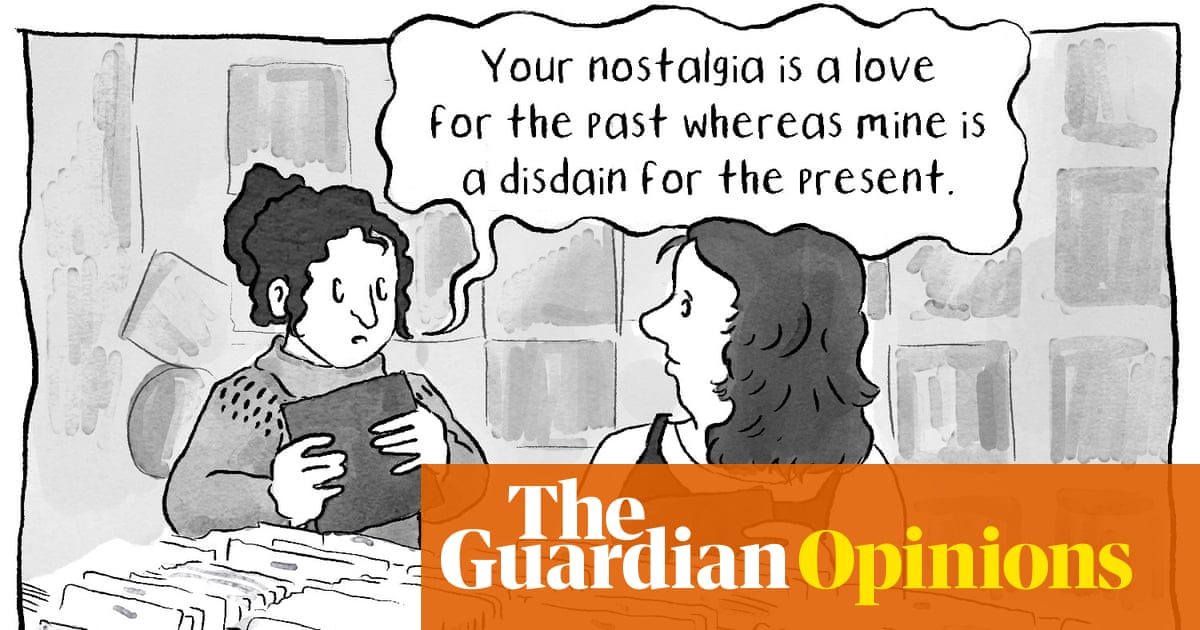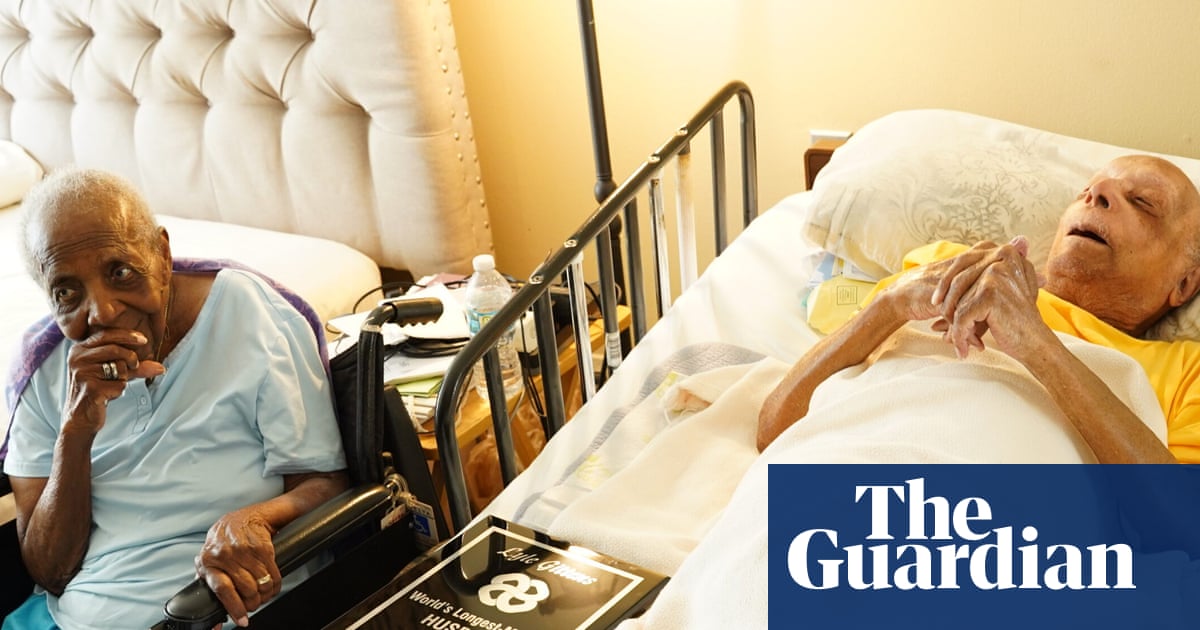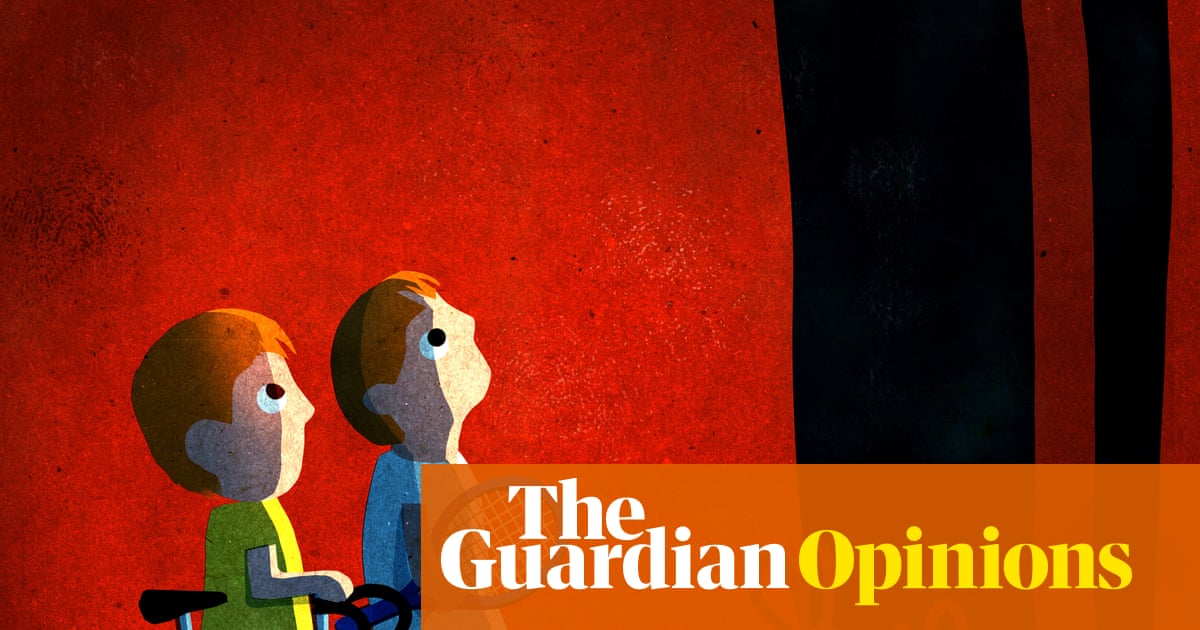It wasn’t just that a man got caught cheating on his wife. It was that he did it in public. With the whole stadium watching. With Chris Martin, unknowingly, teeing it up. With a camera zooming in at the exact wrong – or maybe karmically perfect – moment. The CEO. The HR director. The affair. The panic. The humiliation. All of it caught, dissected and shared a million times over.
We didn’t watch that video because we love Coldplay (though, don’t we?). We didn’t watch just for the scandal. We watched because – despite our small steps toward enlightenment – we’re all starving for the satisfaction of seeing someone finally get what they deserve.
That’s the part we need to talk about.
According to a 2023 study in Computers in Human Behavior Reports, the satisfaction we feel during public shaming isn’t just about justice – it’s about pleasure. Their research found that people experience schadenfreude not only because they believe the person deserved it, but because it simply feels good to watch someone face consequences. We’re not just looking for moral clarity. We’re chasing the emotional high that comes with it. We don’t just want closure, we want content. And cheating, exposed in public, has become the most satisfying genre of all.
We as a culture are obsessed with catching cheaters – not just for the drama, but for the justice. We want to see betrayal punished. We want the liar exposed, the philanderer humiliated, the partner who was faithful and trusting to be vindicated. And if we can’t get that in our own lives, we’ll take it from strangers.
This hunger has only grown over the years as the morally hollow have made careers out of turning scandal into spectacle and walking away untouched. But when the deception is undeniable, and the exposure unfiltered, it gives us something we rarely get: visible accountability.
Within hours of that five-second clip surfacing, the internet did what it does best: turned a private moment into public symbolism. Their names were revealed along with their titles. Until the camera found them, they looked unbothered, cozy. Then her hand flew to cover her face. He ducked and waddled behind the seats. Then the entire internet gasped, and reached for their popcorn and pitchforks.
You could feel the collective applause ripple through the comments section. We all know the feeling of being deceived. We know the sharp loneliness of loving someone who’s looking elsewhere, of having suspicions but not proof, accusations returned with a side of gaslighting. So when someone gets caught in 4K, we devour the moment. The visuals were almost too perfect: the Coldplay ballad, the cheering crowd turning confused, the abrupt shift from smug to stunned.
Don’t we all wish we had that experience? A camera that didn’t look away. A crowd that said: “We see it, too.” Because in our own lives, we confront; they deflect. We cry; they move on. And there’s no applause, no witness. Just you and an unrelenting ache, their version of what happened and the truth.
The CEO and the HR director are merely serving as stand-ins for the guy who ghosted you after two years, the woman who swore nothing was going on with her co-worker, the husband who moved on so fast you wondered if you hallucinated your entire marriage. Watching those two squirm on screen is a kind of spiritual revenge. We tell ourselves it’s about ethics, boundaries, accountability. But at the end of the day, don’t we just want someone to answer for the betrayal we never got closure for?
Of course, pain is not performance. And justice is not the same as humiliation. Public shaming feels like accountability – but it rarely is accountability. As Jon Ronson warns in his book So You’ve Been Publicly Shamed: “An instant digital mob justice can devastate without offering redemption.” Watching strangers get exposed might feel good temporarily. We nod at the cosmic slap, but it doesn’t fix the trust broken in a marriage or the respect damaged in a workplace. It doesn’t change who they were when no one was watching.
There’s a flip side to witnessing this embarrassment that flickers just below the surface. We might laugh, but something in us recoils as we imagine the real cost to those involved: lost jobs, fractured marriages, psychological fallout for their children. A hyperlink trail that will follow them to the grave.
As Evan Nierman, author of The Cancel Culture Curse and CEO of the crisis PR firm Red Banyan, puts it: “The internet has a way of locking people into their worst moment. When a misstep goes viral, the court of public opinion rarely allows space for explanation, nuance, or repair.”
And once the pile-on begins, it escalates fast. “Digital shame operates at a scale and speed our psychology isn’t built for,” he warns. “What starts as a laugh can quickly spiral into character assassination, with consequences that long outlast a viral moment.”
Yet this moment – our collective gasp at betrayal made universal – revealed something crucial: we’re craving truth, acknowledgment. We’re craving slow, messy, quiet reckoning with accountability that extends beyond the tap-and-scroll. But in a world where real accountability is rare, a viral headline like this feels close enough – as though love, loyalty and truth might still mean something, even if only for a moment on the Jumbotron.
-
Jessica Ciencin Henriquez is a writer in Ojai, California, and the author of the forthcoming essay collection, If You Loved Me, You Would Know. You can find her on social media @TheWriterJess

 3 months ago
93
3 months ago
93

















































